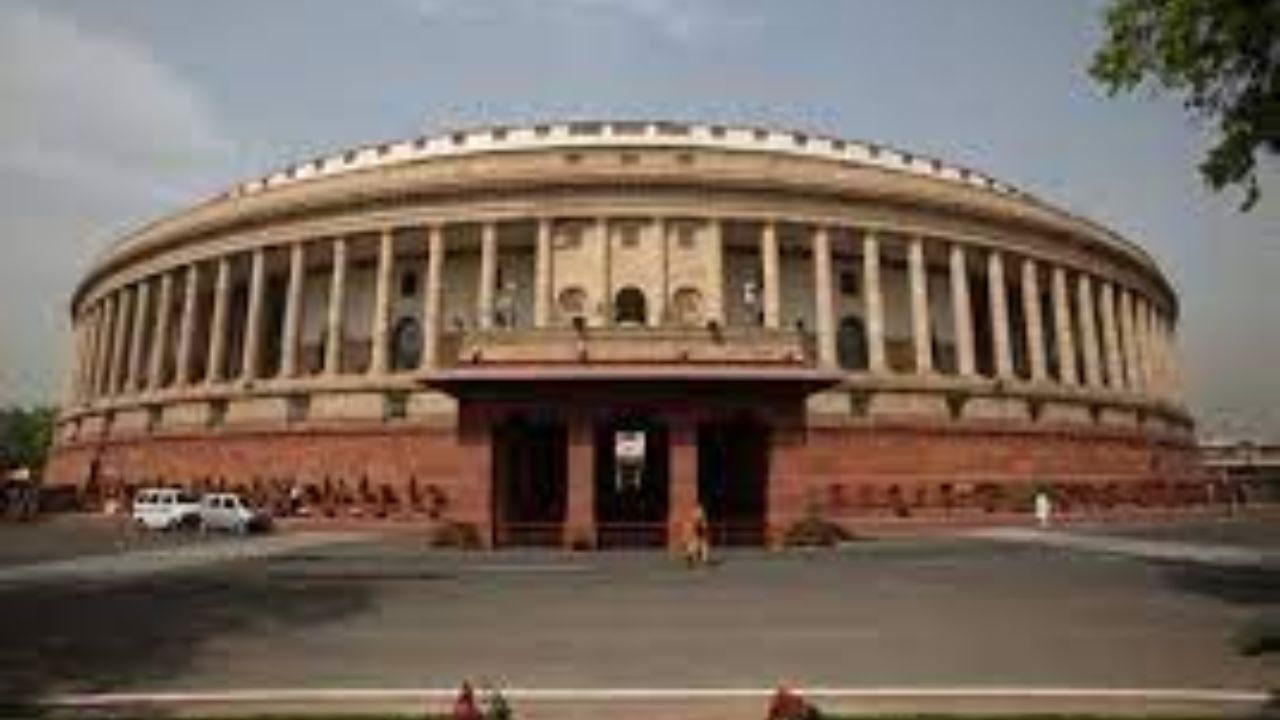Member of the Legislative Assembly: Know Qualification, Privileges & More
In the Indian Constitution, articles 168 to 212 in part 6 of the constitution deal with the composition, tenure of the functionaries, powers, and privileges of the members of the state legislature.

Introduction
In most of the states of India, there is a unicameral system, where there is only one house, the state Legislative Assembly. Some states have a bicameral legislature, that is a Legislative Assembly, the people’s representative’s house, and a Legislative Council, the members of which are selected by a particular procedure and represent different segments of the society. MLAs represent the Assembly and the others are MLCs.
Qualifications
- A person should be at least 25 years of age.
- He / She should be a citizen of India.
- The person should take an oath that the person has true faith and allegiance to the Constitution.
- The person should take an oath that he will uphold the sovereignty and integrity of India.
- A person should have qualifications that are laid down by the Parliament, by law, and must be registered as a
- voter in any one of the constituencies of India.
- The Person who is contesting from the reserved seat must belong to the Scheduled Caste or Scheduled Tribe Category.
Also Read~ Meet the All-Star Lineup for Tonight’s Times Square Extravaganza
Disqualification
- If the elected person holds any office of profit under the Union or state government.
- If a person is of unsound mind.
- If a person is not a citizen of India.
- If a person is disqualified under any law made by Parliament.
Representative Act of People’s Act, 1951
- If a person is found guilty of corruption.
- If a person is convicted for any offense resulting in imprisonment, under preventive detention law.
- If a person has been dismissed from government service for disloyalty.
- If a person is convicted of the offense of bribery.
- If a person is punished for social crimes such as untouchability and sati.
Privileges of MLA
- They cannot be arrested during the session for the day before the session and 40 days after the session.
- They have freedom of speech in the assembly.
- Exemption from jury service and can refuse to give evidence or appear as a witness at the time of session.
- They can get immediate information about the arrest, detention, conviction, or release of members.
Functions of MLA
- They can, as a house legislate on any subject in the State List and Concurrent List with the required majority support.
- They participate in the elections to choose the president.
- They act as a custodian of the consolidated fund of the state.
- They can participate in the Constitutional Amendment Act which came under Article 368.
Also Read~ Jaswinder Brar: Biography, Height, News, Age & Photos
